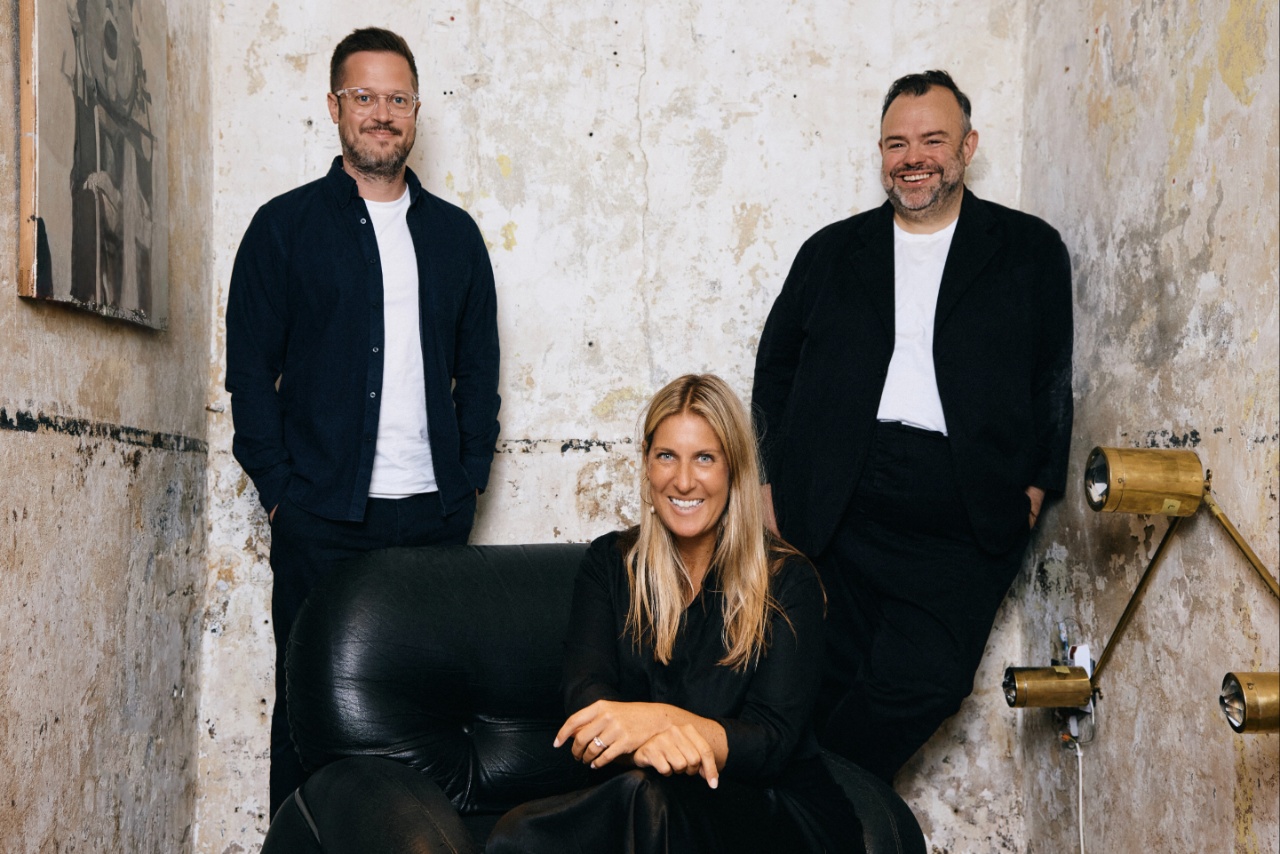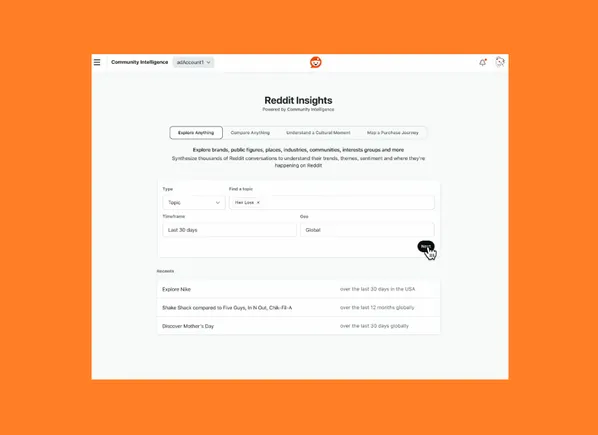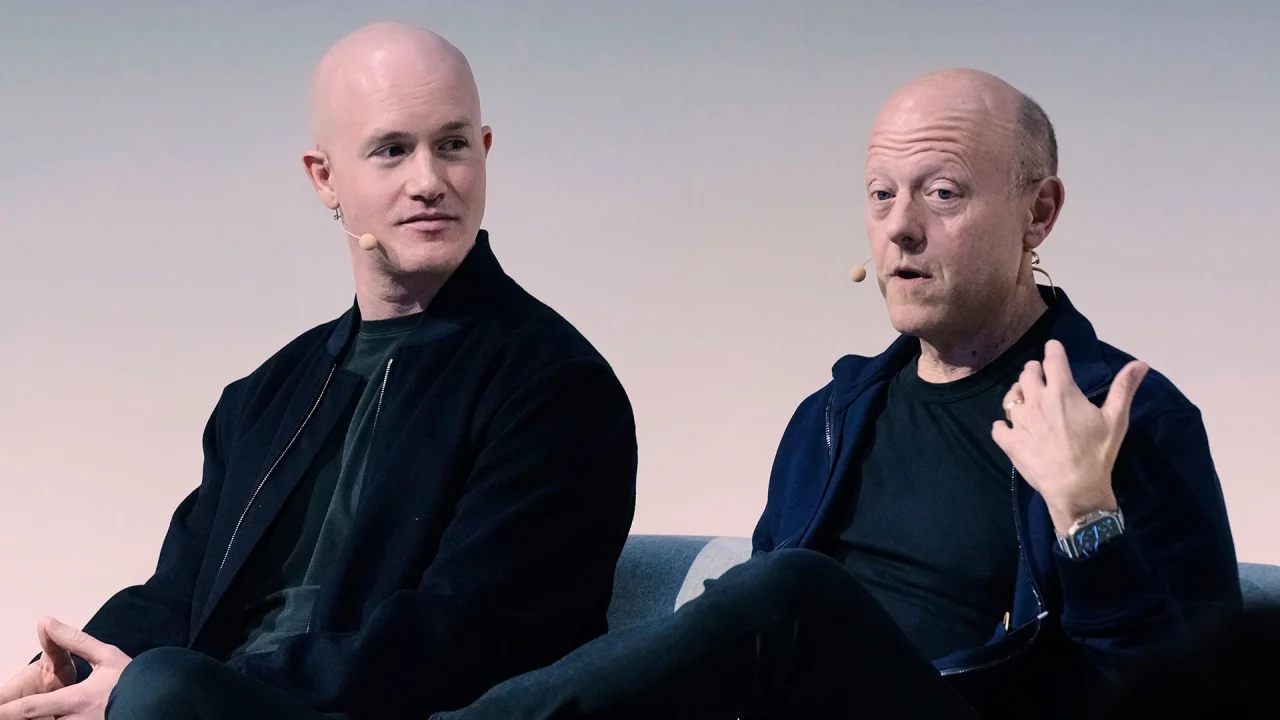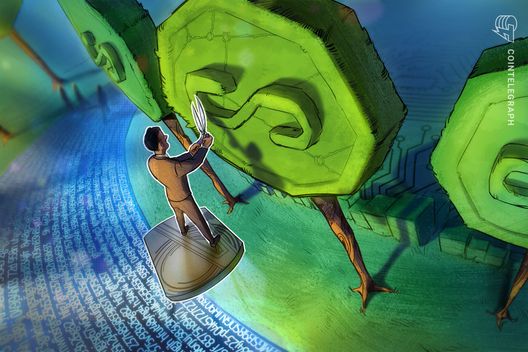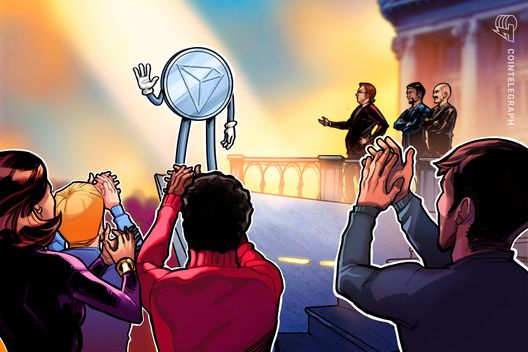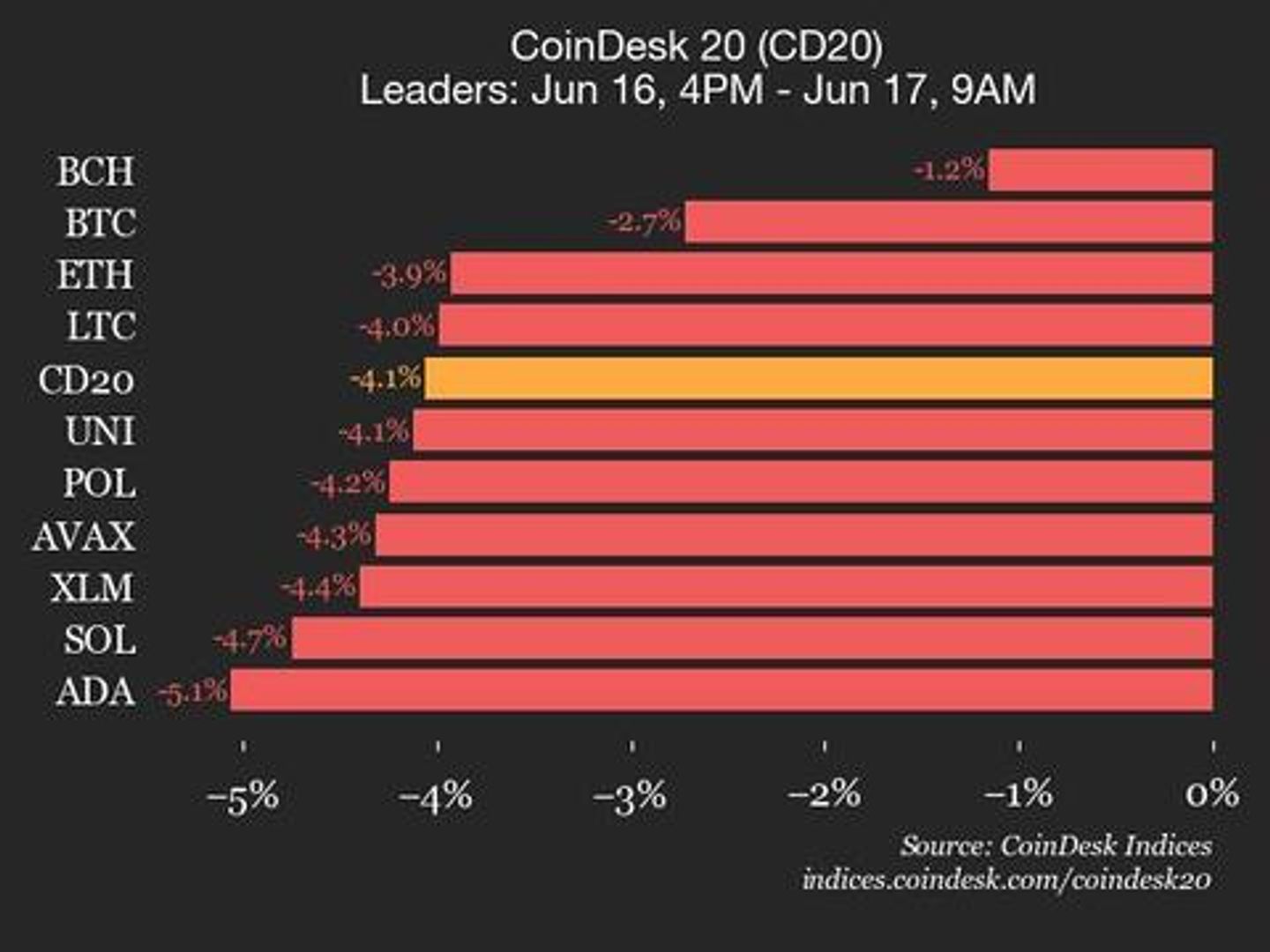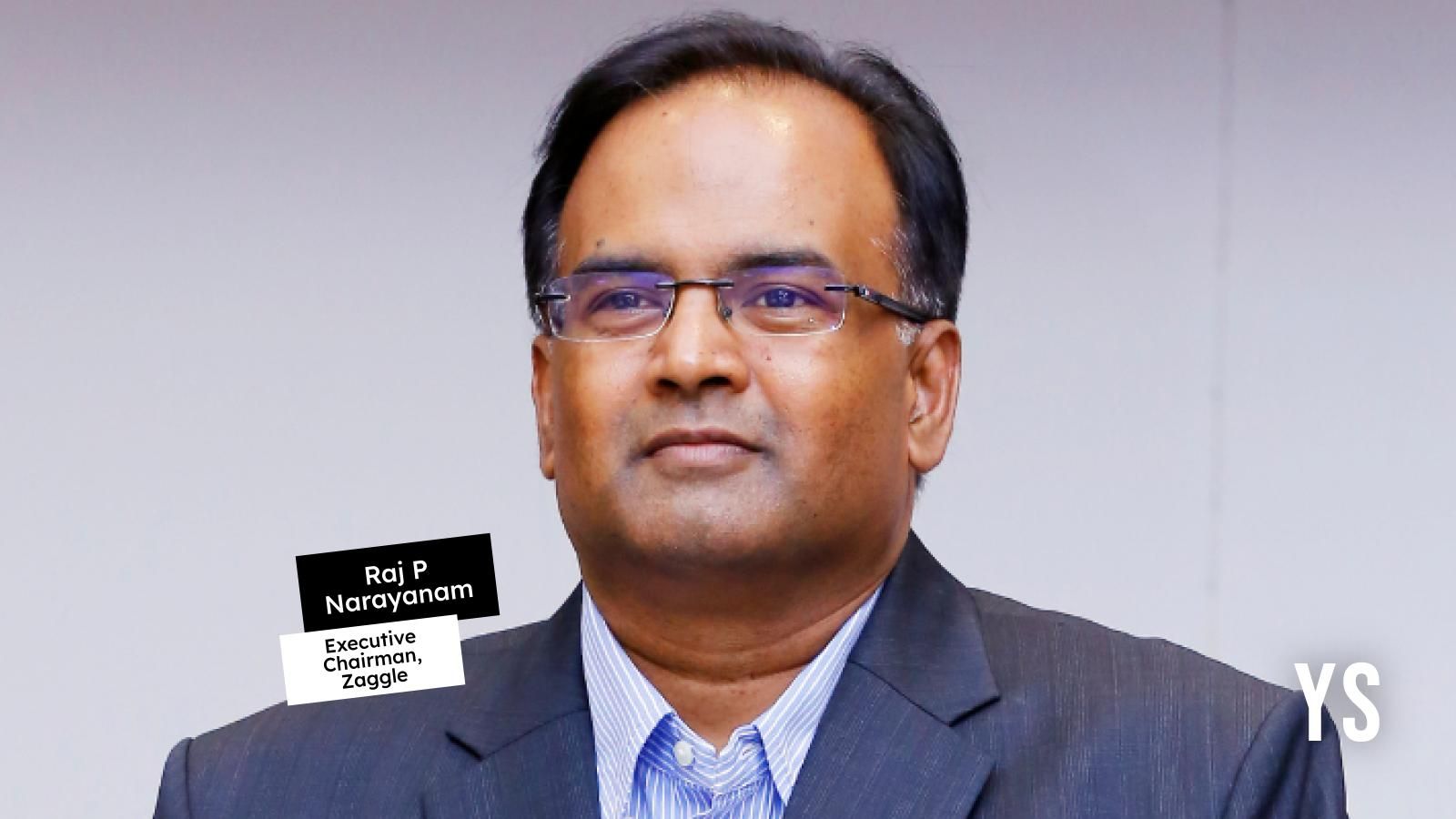Soft skills, digital democratisation, and education: Equipping students for the AI-driven workforce

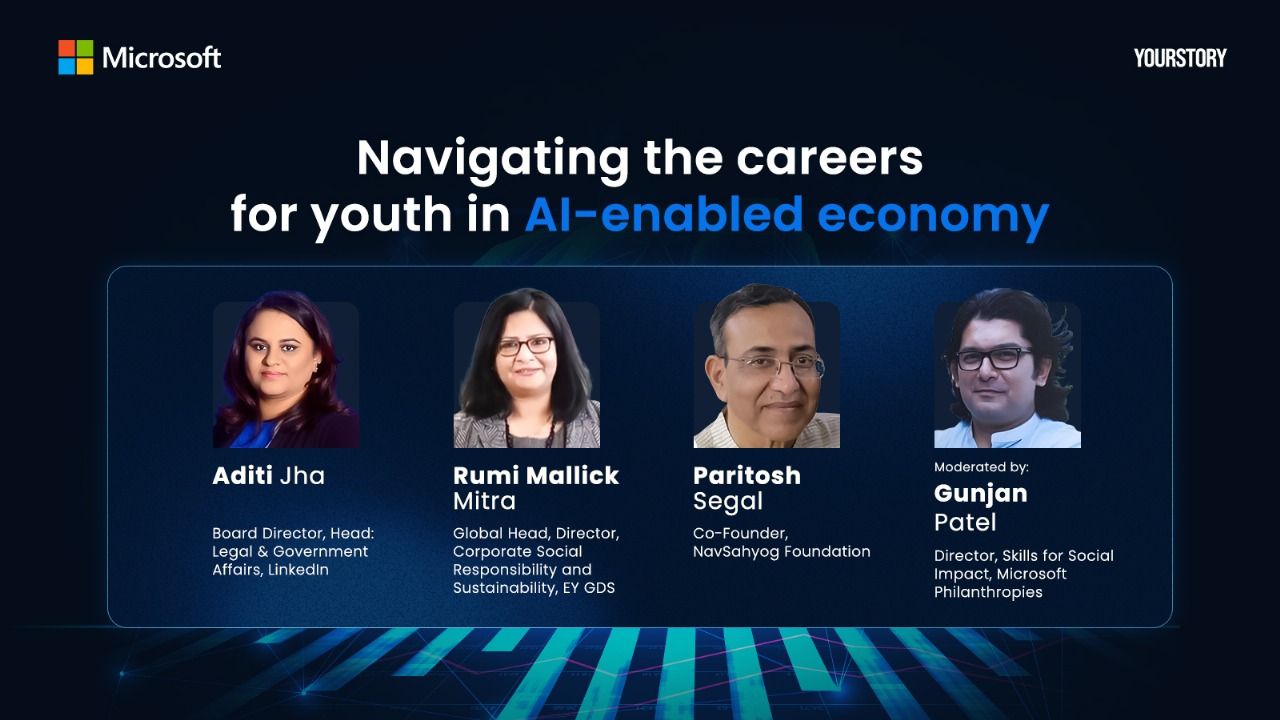
Artificial Intelligence is rapidly transforming the job market, requiring both students and professionals to upskill in order to leverage AI technologies. How can the student population in India prepare for this reality? A brand new webinar, from Microsoft and YourStory, set out to answer this question with the help of experts in law, public policies, corporate social responsibility and education. The panel consisted of Paritosh Segal, Co-founder, NavSahyog Foundation; Rumi Mallick Mitra, Global Head, Director, Corporate Social Responsibility and Sustainability, EY GDS; Aditi Jha, Board Director, Head: Legal & Government Affairs, LinkedIn; and moderator Gunjan Patel, Director, Skills for Social Impact, Microsoft Philanthropies, Microsoft.
Patel set the stage for the discussion, emphasizing the need for upskilling in an AI economy, how learning courses must adapt to incorporate the tech of today, the different training and learning pathways for students, and how companies can create programs to support skilling and workforce development.
A skills passport to the AI realm
Mitra opened the discussion by addressing the ‘techtonic’ shift in the job landscape. She shared that a recent LinkedIn study revealed that more than 2,000% of the job postings on LinkedIn mention AI skills to varying degrees. On the other end of the spectrum, many students report that the academic curriculum has not adapted to accommodate the shift to AI. This is both a challenge and opportunity for India.
“How do we create those meaningful AI experiences for our young people, whether they are in the urban area, in the rural area?” she asked.
Mitra also spoke about the systemic, structural, behavioral and psychological barriers in the Indian educational system, when it comes to large-scale AI adoption. Barriers such as internet connectivity, access to education, gender bias, prejudice or preconceived notions about AI can hamper progress significantly. The only way forward, she concluded, was to make AI experiences and learning available to as many students as possible through EY’s AI Skills Passport learning program.
Backed by considerable research, the Skills Passport was developed to give participants a 360-degree view of AI. It teaches AI as a core capability, as well as a non-core skill, and also ensures that students understand the ethical considerations of using AI. Students also have a chance to learn about the application of AI in real-world case studies, and build critical thinking skills to deal with these issues. The 10-hour course is available to college students, those pursuing vocational learning, job seekers or professionals that are in between jobs and are looking to upskill. It is available in a hybrid model to boost accessibility.
Unlocking the future with soft skill development
Jha addressed how AI is reshaping the very nature of jobs today. LinkedIn, with 1 billion members and 70 million companies listed on the site, offers real-time insights into how AI is transforming India’s job landscape through its economic graph (a digital representation of the global economy).
Jha shared how AI, and generative AI in particular, are reshaping the skills required for jobs. Based on the economic graph’s estimates, 70% of the skills needed for the same job will change by 2030. “Even if we are not changing our jobs, our jobs are changing on us,” she said, adding that the rate of change is going to be “very, very fast”. “If you look at how we have traditionally done hiring, we typically look for a person who would have studied AI in college and worked with AI for the last 10-15 years. Unfortunately, that person doesn’t exist. That’s a unicorn. So, how will we fill these roles today?” she asked.
According to Jha, demand for AI talent is growing at 30%, but the talent supply is growing at 16%, creating a huge gap between jobs and talent. It is time for companies and employers to move away from experience, degree or title-based hiring to a skills-based hiring approach. And while AI may replace human beings in certain jobs, the core human elements of communication, leadership, empathy and critical thinking will be what distinguish one professional from another.
“Traditionally, in India we don’t do a great job of focussing on soft skills. But I think soft skills will become very important for students to learn early on” she said. Finally, she encouraged students to pursue AI with an open mind, instead of merely relegating it to a tech skill. “AI is going to be a far more distributed technology. It's almost going to be a general purpose technology, like emails. You don’t need to go to engineering school or get an engineering degree. Growth in AI jobs and skills are not restricted to tech anymore.”
Levelling the job landscape for rural students
Segal brought in the perspective of AI in rural India through his work at the NavSahyog Foundation. NavSahyog’s work spans 300 villages across Karnataka, Tamil Nadu and Nagaland. It engages with 9,000+ children in the age group of 5 to 14. Educating children in rural India is critical - the Education Ministry of India estimates that nearly 70% of all school-going children live in India’s villages.
Segal said their work in developing life skills and boosting creativity in rural communities is critical, particularly in the age of AI. “No matter what technology we deal with today, the teaching of soft skills is very, very important. [About] 65% of the youth in India live in rural areas, and are facing major challenges because of a lack of soft skills. They take on low-value jobs that cannot address the needs of their family, and eventually end up spiraling out of control”.
The co-founder of NavSahyog Foundation stated that the possibility of AI is exciting, as it can level the playing field. The scope of AI, he explained, extends far beyond engineering and will become pervasive in all walks of life. With the right life skills, people from across India now have the opportunity to leverage AI for a better life.
Overcoming gender bias in tech
Tackling the concern of gender inequality in the AI landscape, all panellists spoke about boosting women’s presence in the technical and widespread AI arena. “We see women and girls are not engaging enough with AI and technology. We have tried to shift the needle towards STEM learning for girls, [but] are still falling behind on AI, which for various reasons is considered too technical for girls to take up,” Mitra said.
Jha concurred with this statement, bringing up relevant statistics such as LinkedIn numbers which reveal that when it comes to AI talent, only 22% of the AI professionals globally, on LinkedIn, are women. A whopping 78% of the AI workforce is male. She shared that they could not afford to wait for women to go through the cycle of college and jobs to gain experience in AI. The solution is to invest in the women attending engineering schools currently, while continuing to educate women in all walks of life. Another approach would be to target female educators and empower them to skill a new generation of students for an AI-driven future.
Finally, Jha pointed out that LinkedIn data also suggests that women trump men by 28% when it comes to soft skill proficiency. This neatly dovetails with the demands of an AI-powered era, where the need for soft skills is more urgent than ever. “We look at skills on the report that LinkedIn creates, and in the top 10 skills, the first two are AI and AI literacy, and the other eight are soft skills like strategic thinking, communication, empathy, leadership, resilience,” she shared.
Segal said gender bias has a deeper and more profound impact in rural areas, where young girls are deprived of the kind of skills and education needed to thrive. Parents and teachers in villages often do not understand the value of these soft skills, and as a result young girls are disproportionately affected and often drop out of school early. This is something that NavSahyog has been working on, and the results are staggering, Segal says.
The discussion ended with a short Q&A round. While all panellists agreed that students must upskill to meet the requirements of an AI-driven job market, they stressed the importance of nurturing soft skills to help them navigate a dynamic and rapidly changing future.
